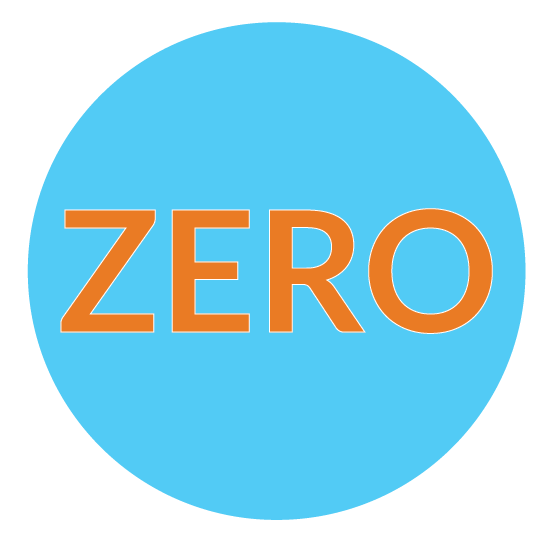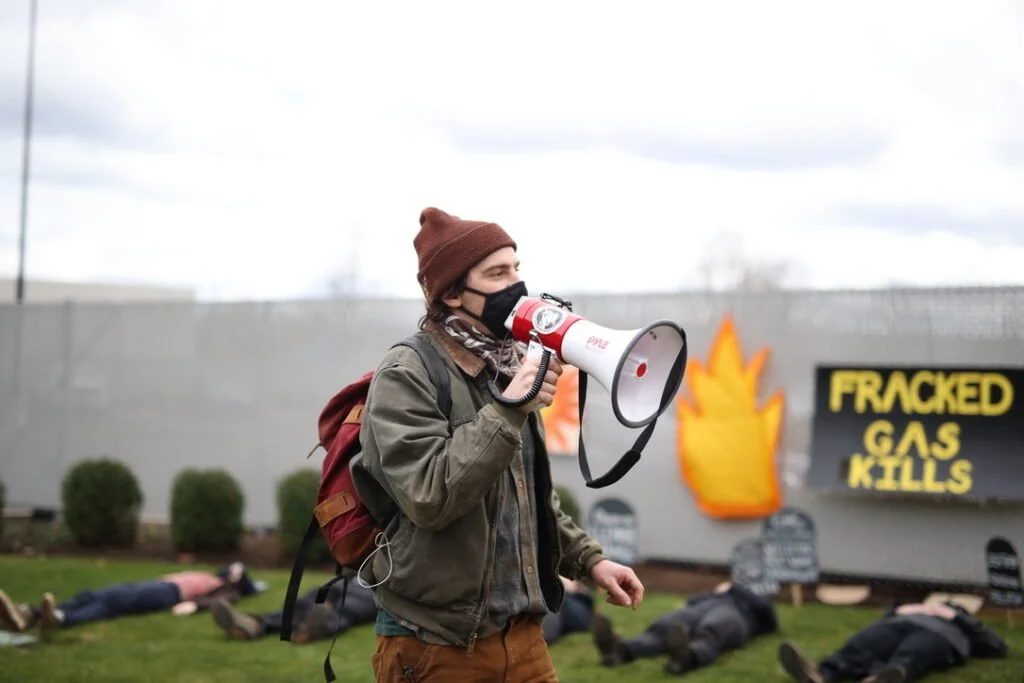The Energy Program (originally the energy challenge) focuses on advocacy work toward systemic policy and climate solutions. We’ve managed the Central Oregon Green Home & Solar tour for several years now which has been a great place for industry members to connect with each other and the community.
Energy Code Advancement and EDI Training: Amid tough conditions, ZERO Coalition has an active year in 2020
Attention to energy efficiency and indoor air quality is higher than ever before, and although 2020 wasn’t what anyone had expected it to be, the ZERO Coalition continued to pursue an active year thanks to all of our members and committee chairs. Read more to see what specific committees have been up to this year, and consider joining us to make 2021 an even better year for ZERO.
Show Up for Equity, Diversity, and Inclusion: Attend the ZERO Coalition Equity for the Built Environment Event
For the last year and a half, I have served as the Chair of the Justice, Equity, Diversity, and Inclusion (JEDI) Team at the ZERO Coalition. This has been an exploration into how a group of traditionally white-led green building organizations could help be a part of a just transition to a zero-carbon built environment.
ZERO Coalition: 2019 Year-in-review
2019 was a great year for the ZERO coalition! A special thank you to all of our members that make this work possible. Read on to see what specific committees have been up to and keep up the good work (or join us) to make 2020 even better.
Governance and Steering Committee
ZERO’s Governance and Steering Committee functions as the coalition’s board. In 2019, this committee approved and welcomed 12 new members, developed and approved the new membership dues structure, and developed and approved a plan for ZERO coalition activities that will be supported by membership dues. This committee also approved a funding proposal that received Phase 1 funding from Portland Energy Conservation Inc. (PECI). The steering committee reviewed a funding proposal to the Bullitt Foundation for 2020 that is pending approval.
Technical Committee
In 2019, the Technical Committee created a 7 Cost-Effective Steps to Reach Zero Energy infographic with help from the Communications team. The 7 steps graphic can be used all across new building types and the goal is to provide more in-depth information related to all of the 7 steps per building typology in 2020. The infographic will be finished and released soon! This committee also laid out a roadmap of tasks and goals for 2020 that includes supporting the policy team with their goal of advocating that Oregon reach it's Zero Energy Ready equivalency goals in single-family residential new construction projects by 2023.
JEDI Team
In April 2019, the Justice Equity Diversity and Inclusion (JEDI) Team hosted the Center for Diversity & The Environment’s Building the Foundation course for twenty ZERO Coalition members. Participants in this 2½-day training deepened their understanding of equity, diversity, and inclusion. This course laid the groundwork for building relationships with racial justice communities, while also providing an opportunity for ZERO Coalition members to learn and grow with one another. Following the training, many participants joined the JEDI Team to continue advancing racial equity both personally and professionally. 2019 wrapped up with planning an equity training for a broader audience from the building architecture, engineering and construction industries in Spring 2020. Keep your eyes peeled for an invitation soon!
Communications Committee
In 2019, the Communications Committee developed the Communications Toolkit, a resource for Oregonians working to increase adoption of zero energy and zero energy ready buildings – policymakers, designers, builders, nonprofits, code writers, and climate justice advocates. The toolkit includes a resource hub with 6 fact sheets for different audiences. One of the fact sheets addresses the cost of new residential zero energy homes with a graphic to show the financial returns of zero energy homes. This committee also collaborated with the Technical Committee on the design of the 7 Cost-Effective Steps to Reach Zero Energy infographic. This committee sent out several newsletters to keep members informed about events, webinars, and other opportunities for coalition members. Committee members also hosted ZERO’s Sustainable Building Week Event “Zero Energy – A Foundation of Resilient Communities” at The Oaks Zero Energy Community at Rose Villa Senior Living. The Communications Committee is looking for new members so please let Ashley know if you would like to join.
Policy Committee
Local government action: Many local governments in Oregon are striving to achieve local climate action goals and buildings are a key action area in these efforts. Three ZERO Coalition members - Climate Solutions, Earth Advantage and New Buildings Institute – are working together to provide information and resources to local governments throughout the state on local actions that can be taken to decarbonize buildings as well as how to participate in the 2020 residential energy code update process at the state level to ensure the state code meets the needs of local governments. For more information, contact Zach Baker.
2021 IECC success! Local governments and related agencies vote resoundingly in favor of improved efficiency in national energy codes with an estimated increase of at least 10%. Learn more on the ICC website and on NBI’s blog.
Oregon State Code update: Energy codes are a cost-effective way to achieve energy and carbon savings. The Oregon Building Codes Division (BCD) updated the Oregon commercial energy code in the state for the first time in six years in October 2019. BCD ran a robust and lengthy process that engaged stakeholders and considered over 100 proposed amendments to the 2018 International Energy Conservation Code that would have significantly improved the stringency beyond the national model code, BCD switched the model code under consideration from IECC to ASHRAE 90.1-2016. Late in the process, BCD approved both the ASHRAE 90.1-2016 standard and the 2018 IECC as code anyway, only this time the 2018 IECC was adopted without the energy-savings amendments.
While we are pleased to see improved commercial codes in Oregon, the ZERO Coalition is concerned about the title of the new commercial code. Calling it the “2019 Oregon Zero Energy Ready Commercial Code” is misleading. No evidence supports the idea that ASHRAE 90.1-2016 is even close to zero energy ready. In fact, ASHRAE itself has published two more stringent energy codes – 90.1-2019 and 189.1-2017– neither of which are considered zero-ready.
The ZERO Policy Committee will continue to track code development in Oregon. We expect that the residential code and another commercial update will be happening in 2020. Contact Amy Cortese or David Heslam with questions and comments.
Membership and Outreach Committee
We’ve added 12 new ZERO members in 2019 and we’re still growing! Please let Ashley know if you have organizations to recommend and/or if you want to be part of this committee.
Welcome new members!
10 Full Members:
City of Milwaukie, Community Energy Project, Ankrom Moisan Architects, R-Stud, SERA Architects, BlueGreen Alliance, The Environmental Center, Dream Home Building and Design, NorthWest AeroBarrier, Elemental Energy
2 Associate Members:
Elevate Energy, Solar Oregon
Check out all of our members and their websites.
Do you have a 2019 highlight to share? Post it below!
ZERO Volunteered with Community Energy Project
On a cold, but sunny Saturday in October, a few ZERO coalition members volunteered with Community Energy Project (CEP) to get a North Portland home ready for winter. We started off with an orientation at CEP’s office on SE Stark Street. Jackie Zusi-Russel, CEP’s Home Energy Score Assessor/Lead Volunteer Coordinator, and an active member of the ZERO Coalition herself, led the orientation with two of CEP’s talented In-Home Services Managers: Roc and Yuriy. We learned how to weatherize single pane windows by creating a sealed air barrier using pre-packaged weatherization kits. The kits included tough but clear shrink film sheets and plastic strips with edging to hold the shrink film in place. After practicing with the kits during orientation, we drove over to North Portland to begin work on a community member’s home.
We worked on the interior of the home, cleaning each window frame. We placed one plastic strip along each side of a window, sticky tape side down. Once the four strips were placed, we stretched the clear shrink film to fit the whole window, with at least 1” of excess film on each side. We smoothed out the film to make sure it was clear and then began gently tapping another plastic string with edging over the film and into the first strip to secure the film in place. This was the tricky part; sometimes it was difficult to get the second plastic strip to fit in neatly with the grooved edges of the first plastic strip! We finally achieved this on all four sides, and stood back to admire our windows, which were still clear, but had a protective air barrier to keep winter out. While the ZERO members busied ourselves with window weatherization, Roc and Yuriy worked on other projects to update the house in time for winter.
Overall, the experience was a fun and encouraging way to spend a Saturday morning. We learned about Community Energy Project’s mission to educate homeowners and weatherize homes across Portland’s community. And we helped a family prepare their home for winter, which will drastically decrease their energy costs, and reduce the energy load on their heating systems. CEP hosts volunteer days often, so I highly recommend checking them out!
Thanks to the ZERO members that volunteered: Zeta Fernando, Marla Harvey, Vinh Mason, and Jackie Zusi-Russel!
Written by: Zeta Fernando, LEED AP ND






